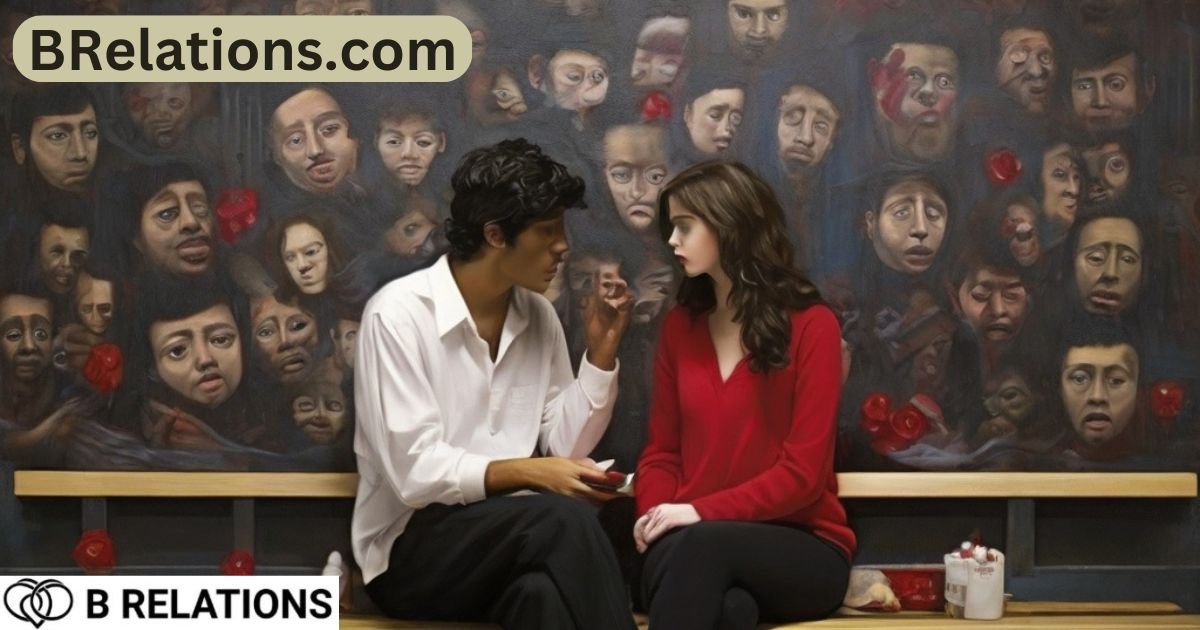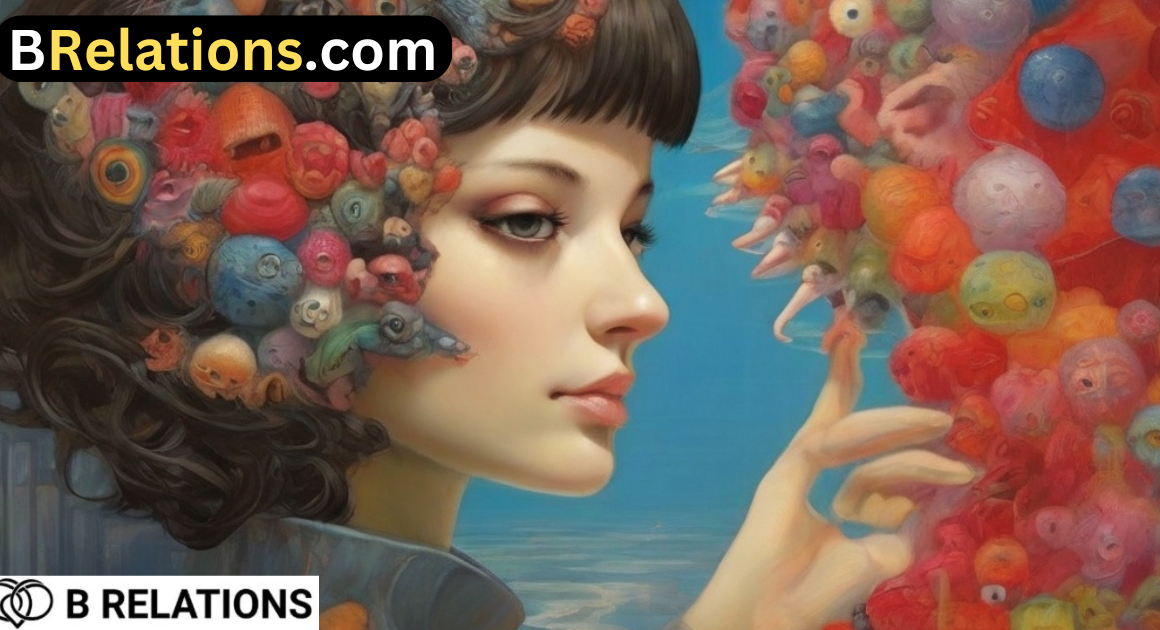Beyond the Screen: Demystifying Parasocial Relationship unhealthy and Their Dark Side Have you ever found yourself feeling personally attacked when a celebrity responds negatively to a fan’s comment? This reaction might be a sign of unhealthy parasocial behavior, a phenomenon where individuals form one-sided connections with media figures, blurring the lines between fantasy and reality. While parasocial relationships can offer entertainment and a sense of community, it’s essential to recognize their potential dark side and the risks they pose to our mental well-being.

Unveiling the Parasocial Relationship unhealthy:
Parasocial relationships, by nature, involve a level of emotional investment in media figures, but when this investment becomes obsessive or emotionally dependent, it can lead to unhealthy patterns of behavior. Parasocial Relationship unhealthy are characterized by blurred boundaries, negative self-comparison, and a distorted perception of reality. While they may initially provide comfort or distraction, they can ultimately contribute to anxiety, depression, and social isolation.
Quote:
“While parasocial connections can be fun, unhealthy versions can affect our well-being.” – Dr. Sarah Johnson, Mental Health Professional
Beyond the Surface: Exploring the Red Flags and Risks
Psychological Drivers:
Several underlying motivations may contribute to the development of Parasocial Relationship unhealthy bonds. These include feelings of loneliness, low self-esteem, social anxiety, and the desire for validation or escape from real-life stressors. Individuals who struggle with these issues may be more susceptible to forming unhealthy attachments to media figures.

Red Flags & Warning Signs:
Recognizing the warning signs of Parasocial Relationship unhealthy is crucial for intervention and prevention. These may include obsessive thoughts or behaviors related to a media figure, emotional dependence on their content for validation or comfort, a tendency to compare oneself negatively to the perceived perfection of celebrities, and difficulty distinguishing between fantasy and reality.
Negative Consequences:
The consequences of Parasocial Relationship unhealthy can be profound and far-reaching. They may exacerbate existing mental health issues, such as anxiety and depression, contribute to social withdrawal and isolation, and distort one’s perceptions of themselves and the world around them. In extreme cases, individuals may become so emotionally invested in their Parasocial Relationship unhealthy connections that they neglect real-life relationships and responsibilities.
Table:
Let’s compare healthy and unhealthy parasocial relationships:
| Healthy Parasocial Relationships | Unhealthy Parasocial Relationships |
|---|---|
| Entertainment and enjoyment | Obsessive thoughts and behaviors |
| Feeling connected to a community | Emotional dependence |
| Inspiration and admiration | Negative self-comparison |
Quote:
“Ignoring red flags can lead to emotional manipulation and negative self-perceptions.” – Dr. Michael Smith, Social Psychology Expert
Beyond the Victim: Recognizing and Breaking Free
Self-Awareness & Reflection:
The first step in addressing Parasocial Relationship unhealthy is self-awareness and reflection. Individuals should take the time to assess their motivations for engaging with media figures and explore any underlying emotional needs or vulnerabilities that may be driving their behavior.

Taking Control & Setting Boundaries:
Once aware of unhealthy patterns, individuals can take proactive steps to regain control of their media consumption habits. This may involve setting boundaries around the amount of time spent engaging with parasocial content, limiting exposure to triggering material, and prioritizing real-life social interactions and activities.
Building Real Connections & Seeking Support:
Cultivating genuine connections with real-life friends, family, and communities is essential for breaking free from the grip of unhealthy parasocial relationships. Individuals should seek support from trusted individuals or mental health professionals who can offer guidance and assistance in navigating their emotional struggles.
Quote:
“Remember, you are not alone, and there are resources to help you regain control.” – Dr. Emily Jones, Therapist
Beyond This Article: Resources and Your Journey to Healthy Connections
Curated Resources:
To support individuals on their journey to healthier connections, we provide a list of reliable websites, hotlines, and mental health professionals specializing in parasocial relationships. These resources offer valuable insights, support, and guidance for those seeking to break free from the grip of unhealthy media consumption habits.
Promoting Open Discussion & Media Literacy:
Encouraging open discussions about the impact of parasocial relationships and promoting media literacy are essential steps in combating unhealthy patterns of behavior. By fostering critical thinking skills and engaging in conversations about the influence of media on our perceptions and behaviors, we can empower individuals to make informed choices about their media consumption.

Conclusion:
As we conclude our exploration of unhealthy parasocial relationships, I urge readers to prioritize genuine connections, build self-awareness, and engage with media critically and responsibly. By taking proactive steps to address unhealthy patterns of behavior and seek support when needed, individuals can reclaim control of their well-being and cultivate healthier relationships with both media figures and themselves.
Quote:
“Critical thinking and a balanced approach are key to enjoying media without compromising your well-being.” – Dr. Laura Thompson, Media Studies Expert




